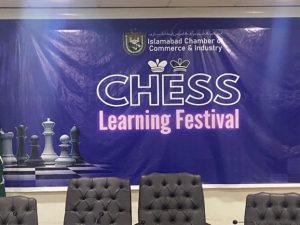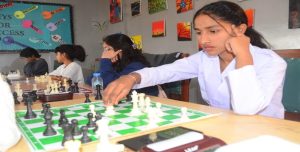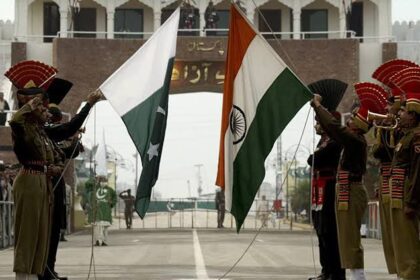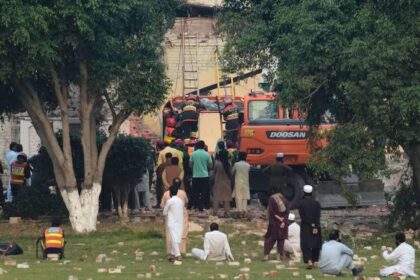The Origins and Evolution of Chess
The rise and development of chess as a game of reason and warfare cover a period of 1500 years. Chaturanga, chess’ first name, originated in India around the sixth century AD. Since this term essentially describes military strategy, it involved four types of pieces representing infantry, cavalry, elephants, and chariots. Gradually, the game gained acceptance in Persia, where it was transformed into shatranj and widely adopted by the ruling class.
The advancement of the Islamic civilization transported chess through the Middle East and North Africa into Europe by the 11th century. Major changes occurred during the Renaissance, producing what became the standard rules of chess in the 15th century. The international proliferation of the game continued thereafter with the establishment of international tournaments, world championships for the game, and a grading system assessing players’ strength.
Pakistan’s Historical Connection to Chess
The game of chess is an activity that has a peculiar connection with Pakistan, particularly in reference to its chess prodigy Mir Sultan Khan, a resident of Sargodha (present-day Pakistan), who became one of the strongest players in the world in the late 1920s and early 1930s. Sultan Khan won the British Chess Championship three times in 1929, 1932, and 1933, defeating some of the strongest players existing in his time, among whom José Raúl Capablanca is one of the greatest chess champions of all time.


In spite of his great achievements, Sultan Khan had an abbreviated career, having retired early to return to Pakistan. Although never officially awarded the title of grandmaster (GM), since FIDE (the World Chess Federation) had not yet instituted the title in his lifetime, he was posthumously awarded the honorary title of grandmaster in February 2024, making him Pakistan’s first honorary grandmaster, but the country has failed to produce a living grandmaster so far.
The Growth of Chess in Pakistan
Pakistan was, perhaps, enamored with the idea of world-class chess. Other than that, the country did not have much of an impact on developing the game at an international level. A combination of factors such as the lack of government support, meager financial compensation, and poor training facilities has hindered the country’s development in producing internationally competitive players.


Nonetheless, over the past few years, chess has grown popular with the Pakistani youth, with organizations like the Chess Federation of Pakistan promoting chess, holding local tournaments, and encouraging players to compete internationally. Online chess platforms like Chess.com and Lichess have also worked in attracting a tremendous amount of new players in Pakistan.
Challenges and Roadblocks in Producing a Grandmaster
Though Pakistan has improved its practices in chess, there are still some matters that hinder Pakistan’s ability to produce a grandmaster. These include:
- Lack of Institutional Support
While Russia, India, and the U.S. seem to have a stronghold on the chess culture, Pakistan barely has any kind of infrastructure or government sponsorship for chess education. There exist no government-supported chess academies, nor are there any sponsorship opportunities available for the players, leaving players with a lack of opportunities to compete internationally.
- Limited Exposure to International Tournaments
For a player to gain the title of Grandmaster, he should attain a FIDE rating of 2500 and, at the same time, fulfill further requirements of achieving three grandmaster norms.
Normally, such norms involve participation in high-level international tournaments; however, Pakistani players do not get international opportunities due to financial constraints.
- Inconsistent Chess Training
In Pakistan, chess coaching and mentorship are still something of a taboo, while grandmasters such as Viswanathan Anand have nurtured an entire generation of players in India. Players from Pakistan are dependent upon self-study and online resources, and while there are advantages to online learning, to earn the GM title, it is imperative to be directly coached by grandmasters and compete with strong opponents in over-the-board tournaments.
The Future: When Will Pakistan Get Its First Grandmaster?
Given the recent growth in chess activity in Pakistan, it is reasonable to estimate that the country could produce its first grandmaster within the next decade. However, this will depend on several factors, including:
- Gaining experience and earning norm points by participating in more international tournaments:
More Pakistani players need competition abroad in order to gather experience and earn GM norms.
- Increasing sponsorships and financial support:
If chess players were sponsored by the private sector, it would greatly increase their chances of becoming grandmasters.
- Introducing Chess in Schools:
Nurturing young talent from a very early age would become possible with the implementation of chess programs in educational institutions.

- Working with International Coaches:
Setting up training schemes with reputable grandmasters would expedite the progress of some of Pakistan’s top players.
Conclusion
Pakistan’s chess history is rich, with figures like Mir Sultan Khan leaving a lasting legacy. Although there is, at present, no living grandmaster from Pakistan, things are moving in the right direction with an increasing interest in chess. With investments in better training programs, tournaments, and support from institutes, Pakistan is fast becoming a good breeding ground for the emergence of its first grandmaster. The next decade will be decisive in determining if the country finds its place among the nations with grandmaster-level players.












